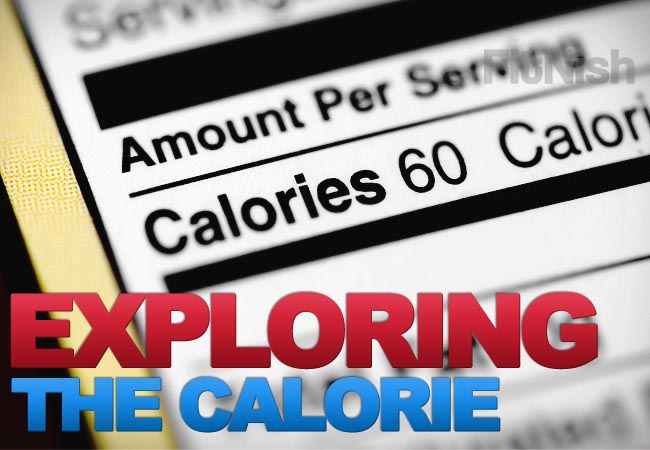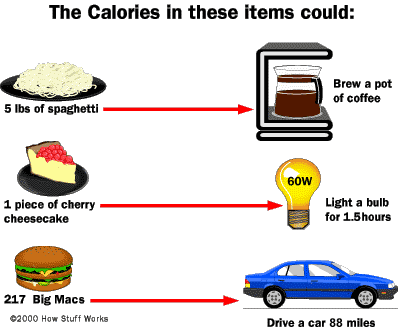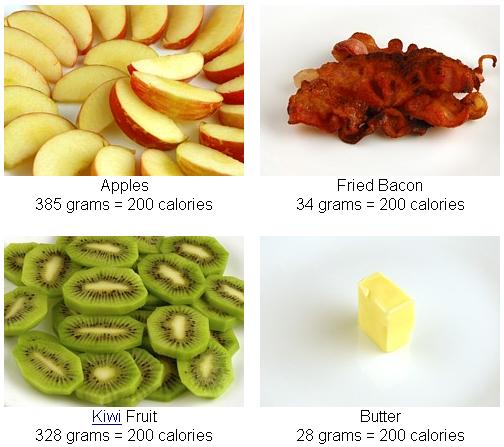
The word calorie is so widely used in today’s media, especially when it comes to losing weight and cutting down on food. “You should eat low calorie foods,” “Reduce your calories,” “I burnt X amount of calories just riding the bike.” These are some of the statements you can hear all over the place, from commercials to everyday people. Now I am not criticizing any of these claims, on the contrary, the point I want to make is that many people do not actually know what a calorie is. Or what makes up a calorie.
Here we will breakdown what exactly a calorie is, what makes up a calorie in terms of protein, fat and carbohydrates and how you can use it in your diet.
What is a calorie?
A calorie is basically a unit of energy or more specifically food energy. All foods contain calories, that’s what gives them substance to fill us up.
Our bodies need a certain amount of calories to provide us with energy and maintain our everyday duties and weight. Whatever we do uses a certain amount of calories, even a restful thing like sleeping.
Each person would have a different baseline of calories to maintain their weight. This baseline depends on many aspects, such as the person’s weight, body fat (and muscle mass), the person’s daily activity levels etc. One of the best ways to find out YOUR baseline is to maintain a constant intake of calories daily and monitor your body and weight. If you are gradually gaining weight weekly, then you are eating more than your baseline and vice versa.
So simplistically, if we want to gain weight we would need to eat a bit more calories than this baseline and if we want to lose weight, we would need to eat slightly less calories than this baseline. This is a bit oversimplified but does portray the point here.

What makes up a calorie?
Since all foods are essentially calories, there must be something inside the foods that make up these calories right? Right. Protein, carbohydrates and fat make up calories. But how much? Here is a breakdown of how many calories are in 1 gram of each component.
- 1 gram of protein = 4 calories
- 1 gram of carbohydrates = 4 calories
- 1 gram of fat = 9 calories
- 1 gram of alcohol = 7 calories
Now we can see that fats are quite calorie dense, containing 5 calories more than both protein and carbs. This is why a lot of people say; to lose weight you should cut out a lot of your fat intake as this drops calories significantly, but we want balance in our diets, so yes cut down SLIGHTLY on it but do not just eliminate it completely. The body needs each types of food, so avoid eliminating a whole food group. This is also why different foods can contain the same amount of calories as each other even though nutritionally (in terms of protein, fat and carbohydrates) they are completely different as we can see in the following picture.

A suggestion would be to not worry too much with the numbers and calculations of calories in your diet as it can complicate things quite a bit. Rather focus on portion sizes at each of your meals, and reducing or increasing the portion sizes depending on what you plan to achieve.













